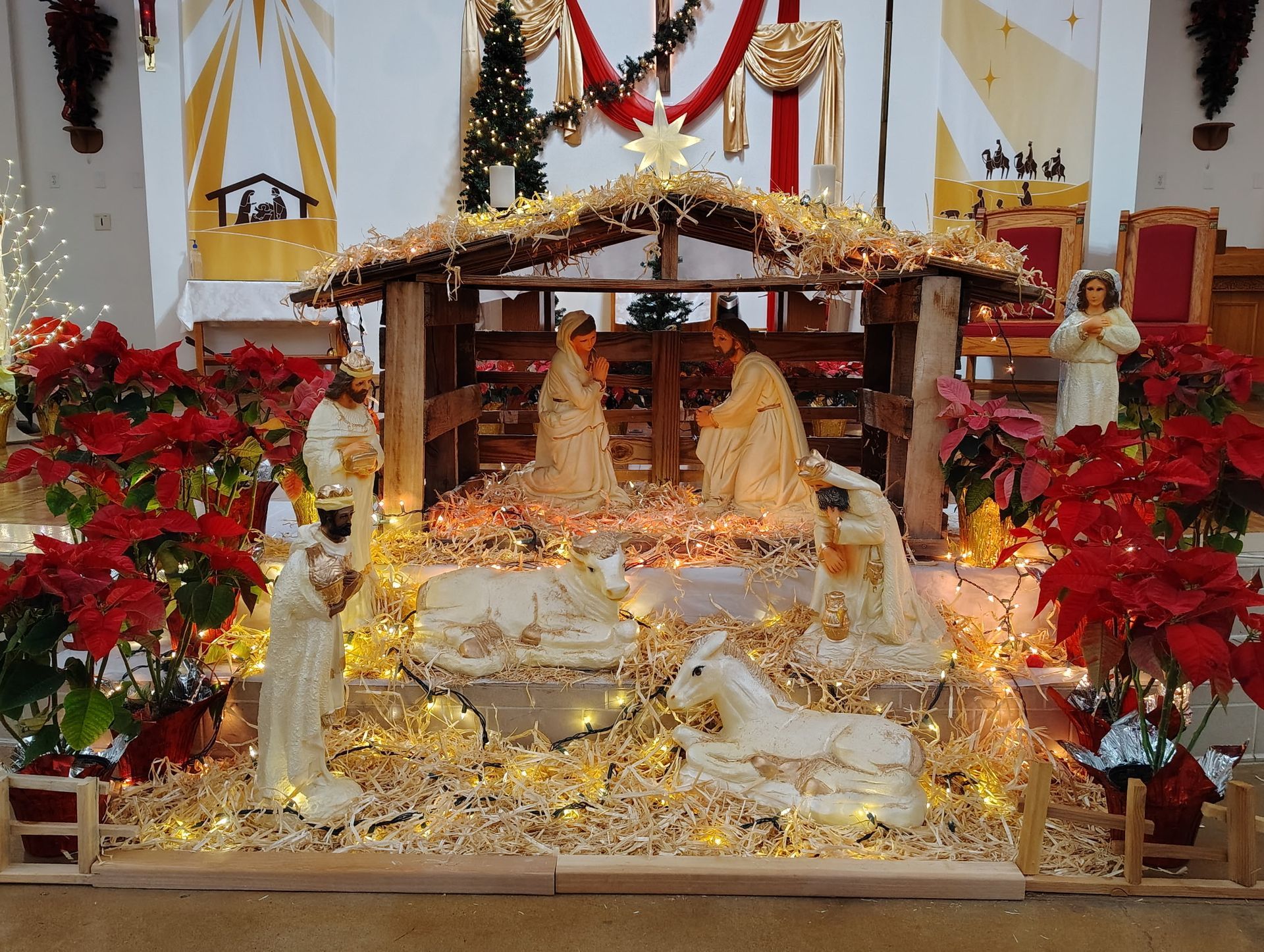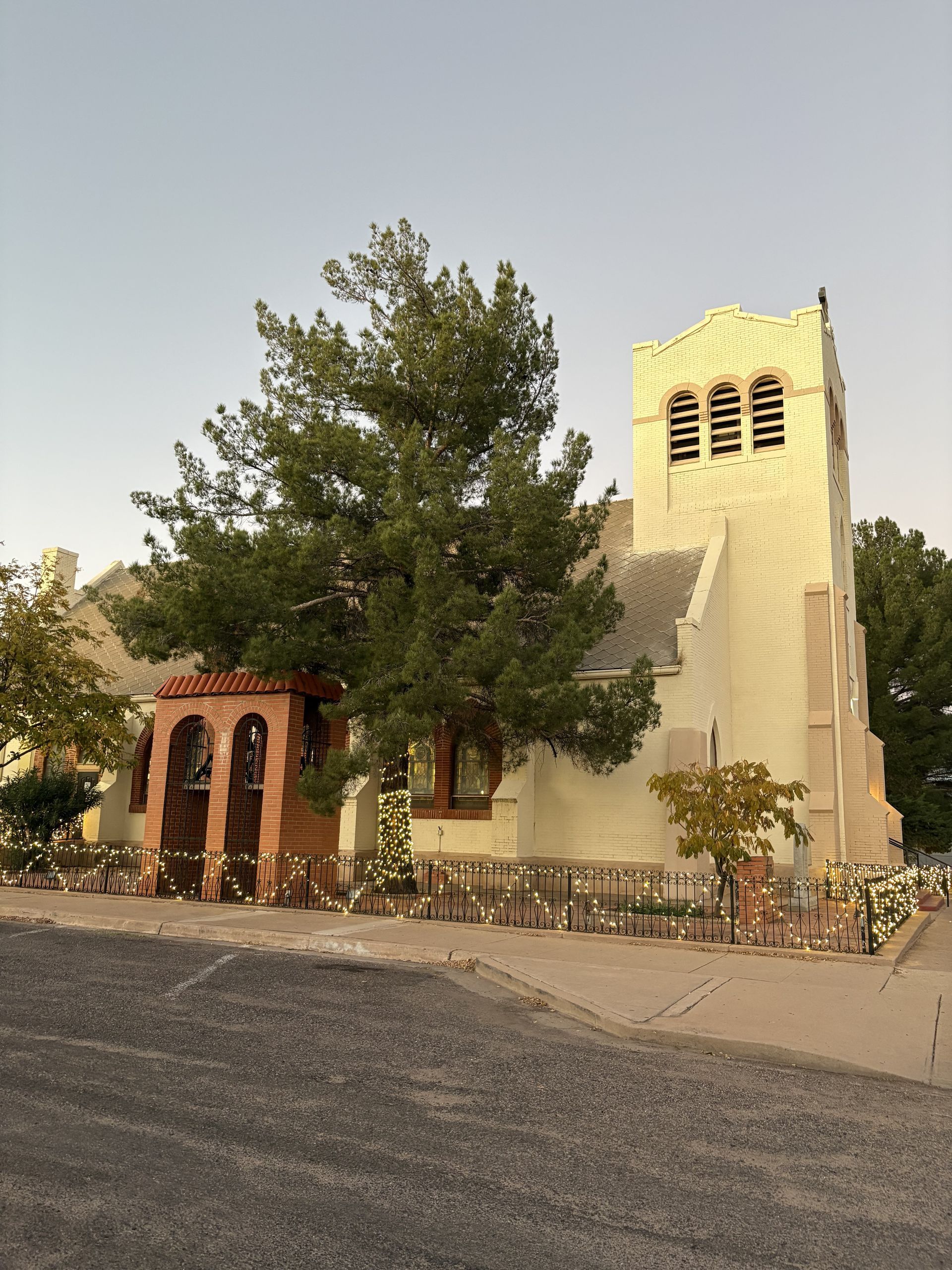If you ever wonder how come there are more or less 1.3 billion Catholics in the world where two thirds live in the global south (Latin America, Africa and Asia), it’s because of the word ‘universal’ and ‘mission’ in contrast to local and exclusive. The early followers of Christ revolutionized their faith by proclaiming the gospel message that Christ is Lord, his life and ministry to the ends of the earth. They firmly believed that ‘mission’ to convert the world was an indispensable aspect of the church life. When the missionaries, beginning with the Apostles to St. Paul to the post- apostolic era down the centuries in all times and seasons, journeyed into the unknown, foreign lands, they were prepared to face any hardships and threat and even shed blood for the sake of the gospel. When they sailed out, their intent was nothing short of converting the entire human race. The message of salvation carried by the missionaries was not a revelation from a mere human being but founded under a supernatural command that Jesus’ life and ministry is the fulfillment of the sacred scriptures. The truth communicated and shared (for example that peace and reconciliation that Christ brings can be attained through non-violence and not by armed struggle) was eternal and timeless, always and everywhere. Now that religion is on sharp decline and church attendance dramatically fallen at least according to recent research, the cloud of witnesses: the saints (named and unnamed) and the martyrs are our models and heroes of faith. Christianity was not originally designed and crafted as an exclusive religion solely composed of a small group of individuals residing at a specific location but universal and missionary extending to the ends of the earth.
The Holy Father declared October 2019 as an extraordinary month of mission to commemorate the 100 th anniversary of Pope Benedict XV’s apostolic exhortation ‘Maximum Illud’ also known as the Great Missionary Command to bring the good news to all peoples (Missio Ad Gentes). The apostolic letter which was written and published by the Missionary Pope on November 30, 1919, a year after the First World War- one of the deadliest wars in history, deals with Catholic missions. Records show that the smelter here in Douglas back then (first quarter of the 20 th century) supplied copper in Europe. In it (apostolic letter), he stressed that “a missionary should have no other purpose except to proclaim the gospel” (#24) which means instruction is a significant aspect of ministry and “the acquisition of souls as a selfless work” (#21). He added that anyone engaging in “the apostolic ministry, sanctity of life is of crucial importance” (#26). The missionary must “burn with charity” (#28) and that “the basis of the ministerial work rests entirely on God” (#29). By acknowledging the great apostles of the gospel who contributed to the expansion of missions, he singlehandedly mentioned the vowed vocations of religious women in mission fields. We are blessed, fortunate and grateful enough to have two religious order of sisters in the Catholic Community: the Order of the Discalced Carmelites (OCD), the Carmelite Sisters of the Most Sacred Heart of Los Angeles whose ministry is primarily devoted to the education of the children and the young at Loretto School and the Sisters of Notre Dame committed to peace and justice particularly migrant ministry. Such ministry is unparalleled. He suggested that there are many ways busy Catholics can help in their own capacities. First and foremost is through prayer. Our missionary work he said, is futile without the intervention of divine grace. Prayer warriors (either individual or group setting) is a sacred requirement in carrying out the divine work. Before anyone embarks on a mission, prayer is an essential element. Since this Sunday’s gospel is the story of the persistent widow who converted the unjust judge, let the persistence of the widow be our model of prayer. The story of Moses, Joshua and Amalek in the first reading was mission in action. It emphasized perseverance in mission and highlights the power of Moses’ intercession. St. Paul in the second reading, urged Timothy to be inspired by the wisdom of the scriptures and proclaim the word.
We are baptized and sent on a mission in the world. The highest form of our worship of God is often and commonly called Mass from the Latin, ‘missa’ (to send forth). After Mass, we are sent forth to proclaim in the light (in the marketplace-where crowds of people love to hang out, social media, house tops), what we heard in the solemn gathering. Together We Are Mission. Me- You- Us- Together. Never in isolation.
The extraordinary mission culminates this Sunday, World Mission Sunday. As you know, it’s not just about second collection although financial support helps non-profit institutions and communities and missionaries throughout the world. More than anything, it’s a bold attempt to revitalize, renew and reawaken the deep sense of mission in the church, develop missionary spirit and practice missionary charity.
Catholicism is mission-oriented and global in its scope. The cloud of witnesses were not afraid to go into remote places and far-flung areas, to immerse into a different culture and learn a new language. They knew full well that as they introduce the faith, there would be resistance and conflict as not all will be readily available to accept the message.
What is your mission?



